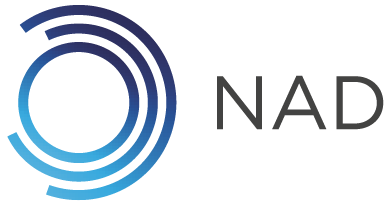The teacher training approach is now being adapted and implemented in Uganda. You can track progress here.
The ‘participatory development of teacher training’ section of our website retrospectively documented the story of building teachers’ and trainers’ capacity on inclusive education in Zambia and Zanzibar.
EENET, NAD and NUDIPU – along with various other partners in the Together for Inclusion (TOFI) consortium – are now working to adapt and introduce the approach in Uganda.
We want to tell the story ‘live’ this time, so we will post regular progress updates here. Feel free to contact us if you want to know more.
Update 7 – third training (September-October 2021) – before schools re-open
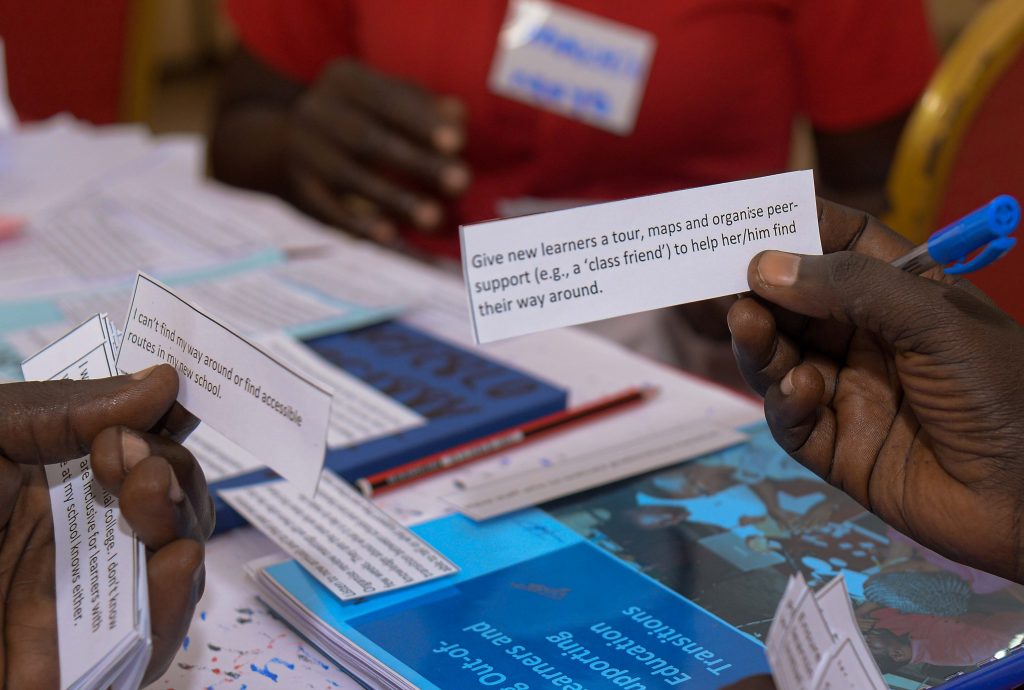
Uganda’s Principal Trainers have now completed their Module 3 training – identifying out-of-school learners and supporting education transitions.
Covid-19 restrictions on meeting sizes meant we had to run multiple smaller workshops, so our co-facilitators, Jesca and Martin, had an exhausting 6-week training schedule. They trained all the Principal Trainers in the participating districts, and provided a second training for the observers. We can’t thank them enough for their hard work and dedication under challenging circumstances.
Principal Trainers are now delivering the module to teachers in their allocated schools. Remember, the process uses a whole-school approach, so all teachers participate in the trainings.
Feedback from the workshops indicates that Module 3 was well timed. Schools in Uganda remain closed but are due to re-open in January 2022. The Principal Trainers and teachers feel that Module 3 provides the ideal content for helping teachers and School Inclusion Teams prepare for and deal with the many challenges that school re-opening will bring. Millions of learners will in effect be ‘transitioning’ from being at home for a long time to going (back) to school.
In Uganda we are condensing and combining some of the training modules. We can’t yet share with you the new version of Uganda’s Module 3, but you can read the original longer separate modules from Zambia here:
Identifying out-of-school children.
Including learners in transition.
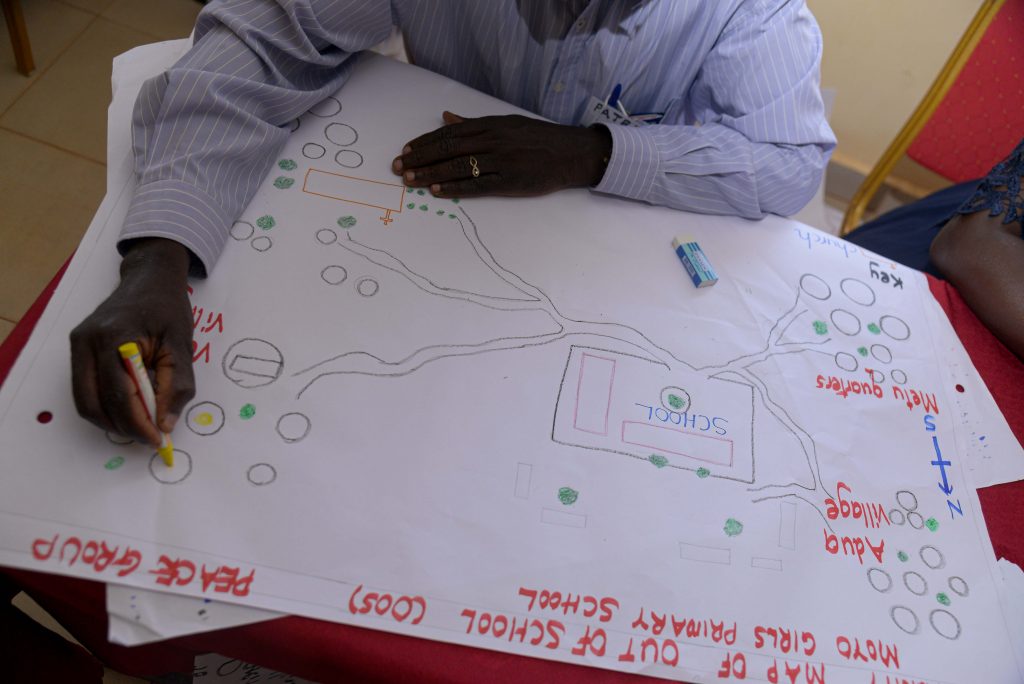
Update 6 – In-service training on Module 2 (April to July 2021)
Following the Module 2 workshops in April (see Update 5), Principal Trainers (PTs) have been delivering the same content to teachers in their pilot schools through in-service (INSET) training sessions.
Having learned about School Inclusion Teams (SIT) and IECos, Omoti Hill Primary School reported that straight away they established a SIT. The SIT took quick action to start levelling the school compound to make it more accessible for learners with mobility impairments (see photos below).
PTs’ roll-out of Module 2 INSET to their schools has inevitably been challenged by the ongoing Covid-19 situation, including another lockdown in Uganda in July. But the teacher training programme remains on track to engage Ugandan PTs in co-developing and using Module 3 from late August.
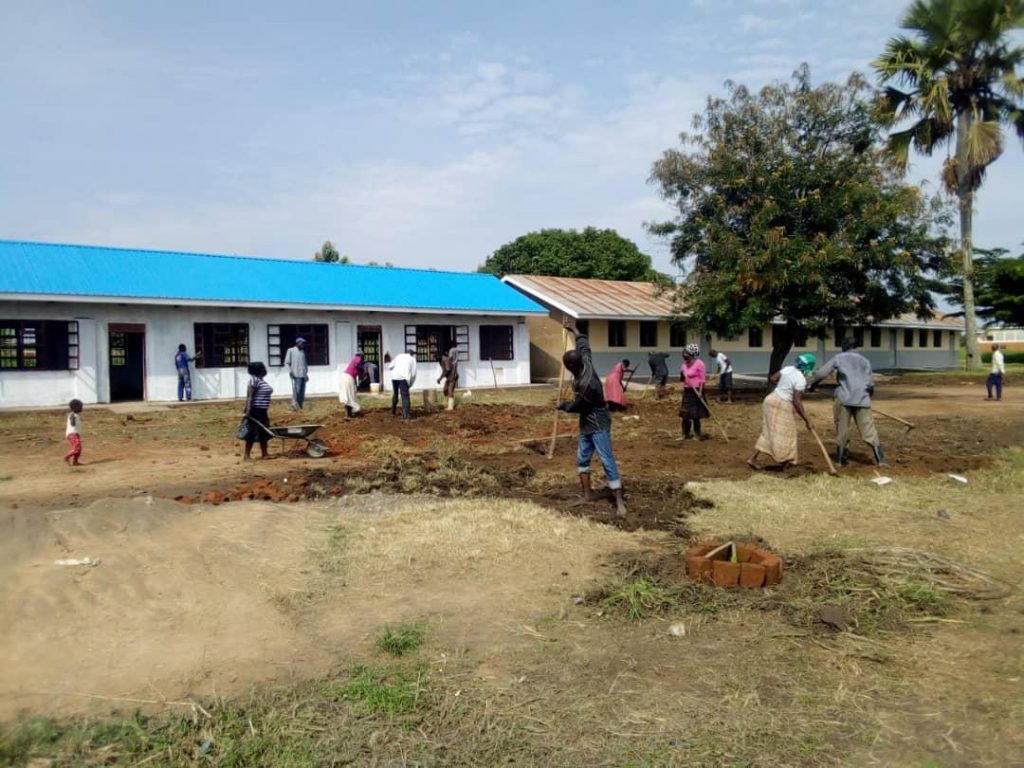
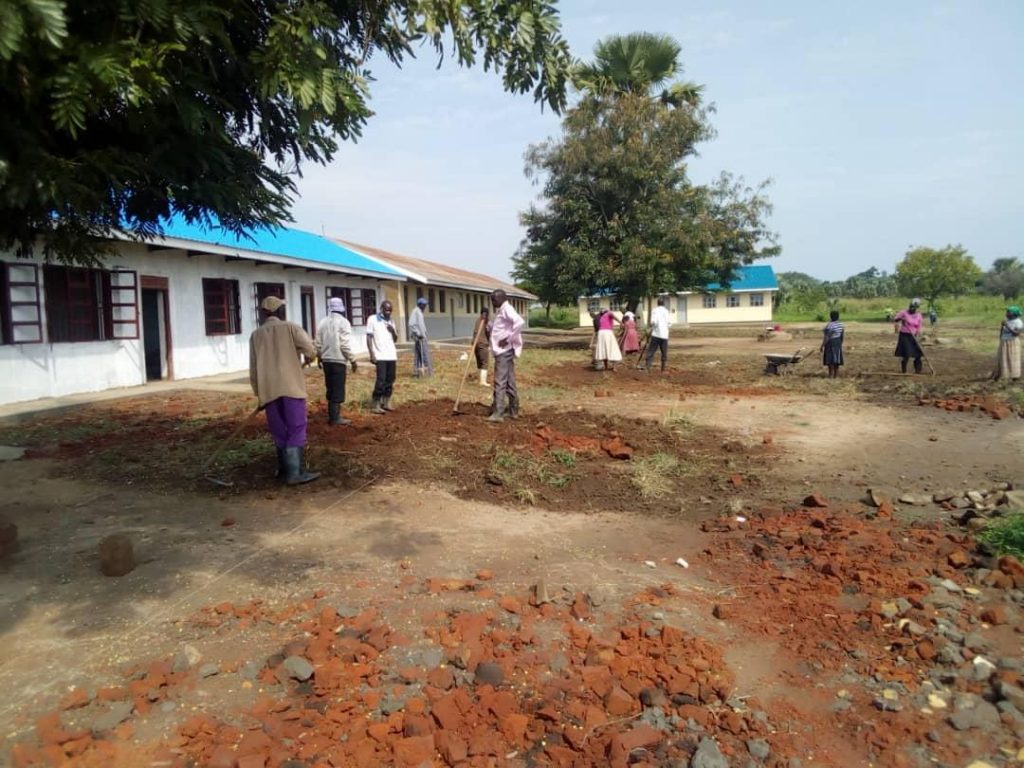
Update 5 – second training (April 2021) – School Inclusion Teams
In April, principal trainers and observers were trained on Module 2. This module has undergone a fairly substantial revision compared to the original version developed in Zambia. Module 2 for Uganda now covers the topics of School Inclusion Teams (SITs) and the Role of a School Inclusive Education Co-ordinator (IECo). These two topics were covered in separate modules in Zambia and Zanzibar (Modules 2 and 6).
Because the inclusive education teacher training approach is long-term process, we are constantly reflecting and learning from experience, and this means constantly adapting the materials and activities to suit each unique context. Implementation experiences shared by principal trainers in Zambia and Zanzibar had already suggested that these two topics would work better if combined. Plus the context and timeline of the TOFI programme in Uganda required us to condense the training more than in Zambia and Zanzibar. The facilitation challenges and delays caused by Covid-19 further motivated us to shorten or simplify the modules where possible.
In total, up to 95 principal trainers and 45 observers have been trained in Uganda across 10 districts. The principal trainers have gone on to train 42 schools.
At the start of this second training, head teachers, principal trainers and observers gave feedback on their activities since the first training in October 2020.
Observers fed back on the positive and negative things they had seen during their observation visits to the pilot schools. Positives included some teachers’ enthusiasm to learn more about inclusion, and improved use of learning aids. Challenges observed included lack of record-keeping, and teachers struggling to identify and assess learners’ needs.
Head teachers listed many actions that have been taken in their schools since the first training, including efforts to raise parents’ awareness of inclusion, development of workplans, and sense of ‘love and care’ evolving in the school. They had ideas to further develop teamworking, promote a teachers code of conduct, and introduce school feeding programmes, among others.
Principal trainers also shared positive and negative reflections on their first in-service training stage. For instance, they were pleased that teachers had learned collaboratively and actively, and they noted that appreciative enquiry was a useful way to share challenges and plan solutions. Most of the challenges shared related to logistical and practical aspects of delivering in-service training. They also shared suggestions for improving the trainings, which will feed into the ongoing development of the Ugandan version of the training modules.
Update 4 – first training (October 2020) – introducing inclusive education
During September and October the first round of training happened. Observers and three groups of principal trainers were trained. The ongoing restrictions on international travel due to Covid-19 meant EENET’s facilitators were unable to facilitate the trainings directly. An innovative alternative was tested instead.
The training used Module 1 from Zambia as a basis, with some initial adaptations for the Ugandan context. The principal trainers will engage in a process of further adapting the module for their context.
One option to overcome the Covid-19 challenges was to create an entirely online and/or self-study course. This would not have been ideal as it would have missed out the very practical learning elements of the training, and inevitably there would have been connectivity challenges for many of the participants. Fortunately, by September the latest Covid-19 regulations in Uganda allowed workshops of up to 25 people to be held.
Two Ugandan trainers therefore facilitated face-to-face workshops, with the cohort of principal trainers split into three groups to comply with the restrictions on meeting size. The trainers were personnel from Ugandan teacher training institutions who had already participated in a training programme with EENET as part of a project with Leonard Cheshire. This meant they were already very familiar with the training content and methodology.
EENET’s facilitators supported preparations with the Ugandan trainers via multiple Zoom meetings. There were also daily briefing and feedback meetings via Zoom, to discuss necessary adaptations to content and methodology throughout the workshops. In addition, the workshops were filmed. This will enable further reflection and future improvements to our ‘hybrid’ facilitation approach, if Covid-19 continues to prevent EENET’s facilitators from travelling to support workshops.
Update 3 – scoping (August 2020)
We carried out a rapid scoping of the situation regarding inclusive education. A scoping process helps us to refine plans for the teacher training programme, understand better how the training could fit with existing systems, and identify who will be selected as principal trainers and observers.
Due to ongoing Covid-19 restrictions, the scoping was significantly scaled back from the process we would usually carry out. In previous programmes we have conducted a wide range of interviews, meetings, focus group discussions, school visits, and observations of teaching and learning. This time, however, we relied on questionnaires because travel and meetings were impossible. A noticeable gap was therefore that we were unable to conduct interviews and focus groups to find out directly the experiences and opinions of children and young people.
We analysed 96 completed questionnaires from parents/care-givers, teachers, primary school head teachers, teacher education specialists, and senior MoES education officers. Responses gave us insights into existing perceptions and attitudes towards inclusive education, current teaching and learning practices, perceived training needs, barriers to inclusive education, and opportunities and existing mechanisms that we can work with.
Activities that promoted discussion about and reflection on these questionnaire returns were developed to include in the training modules.
Update 2 – the virtual study tour launches (June 2020)
Our Zambian virtual study tour has just welcomed its first group of visitors! Delegates from TOFI partners in Norway, Somalia, South Sudan and Uganda have enrolled. Delegates from Mozambique will enrol soon, once the Portuguese version is finished.
What is the virtual study tour?
EENET has created its own online study platform – EENET’s LearnLink. This will eventually offer a range of online learning opportunities for our global network, but for now it just delivers the virtual study tour to TOFI programme stakeholders.
The virtual study tour contains written content, videos, photo slideshows, interactive and reflective activities, and additional reading materials. The content has been designed to help delegates learn about, see and hear what has been happening in Zambia over the last few years.
NAD Zambia staff, principal trainers and observers in Zambia are featured in about 35 video clips. They explain their experiences of inclusive education and the training process, and show the changes that have happened in their schools and training institutions. Pulling all this together during a crisis period has been an amazing achievement for all involved in Zambia.
Tour buddies
Every virtual study tour delegate has been assigned a Zambian buddy who will accompany them through the tour, answering questions and providing advice. The buddies are all experienced principal trainers, observers, and NAD Zambia staff. In return delegates will share their experiences, ideas and feedback with the buddies. They will communicate regularly by email and WhatsApp and there will be larger group Zoom meetings.
Widening participation
The virtual study tour is able to welcome additional ‘observer’ delegates from partner organisations who will just watch and learn, without joining in the buddy scheme or meetings – something that was not possible with the real study tour. We also hope that later in the year EENET will be able to open up the virtual study tour to our global network – enabling anyone to ‘visit’ and learn from the experiences of developing inclusive education in Zambia.
Update 1 – rethinking all the plans (May 2020)
It was initially quite a simple plan, not too different from the process in Zambia and Zanzibar:
- During early 2020, key stakeholders from Uganda (and other TOFI-programme countries – Mozambique, Somalia and South Sudan) would participate in an intensive study visit to Zambia. They would meet trainers and observers, teachers and government officials, and learners and their families. The aim was to see the inclusive education teacher training approach ‘in action’ and ask stakeholders to share their first-hand experiences and advice.
- EENET was then scheduled to conduct scoping visits and planning meetings with all the relevant stakeholders in Uganda.
- In collaboration with partners, we would then choose appropriate principal trainers from personnel connected to existing teacher education and development systems.
- From mid-2020 we planned to start working with these principal trainers to adapt and test the training modules for the Ugandan context. We hoped to complete 2 cycles of training, action research and module adaptation this year (and 3 cycles each subsequent year – 2021 and 2022).
You can already guess the next part of the story! Covid-19 emerged and by late February it was clear that we would not have ‘business as usual’ for the rest of the year.
Like many organisations, EENET, NAD, NUDIPU and all the TOFI partners spent several months working hard to develop and kick-start alternative plans. In response to the immediate challenges of global school closures, EENET and NAD created a small project on inclusive home learning.
Here’s what is happening to keep the Uganda teacher training programme moving forward in 2020:
- The study tour has been redesigned as a virtual study tour.
- The scoping visits and planning meetings are all being held virtually.
- The first training for principal trainers will be conducted with EENET’s trainers providing online facilitation. At the same time, principal trainers whom we have already worked with in Uganda as part of other projects will provide face to face facilitation (once it is safe to hold workshops).
- The first training for observers will be provided as a virtual training/learning experience.
Keep an eye on our updates to see how these plans progress!
This project is a collaboration between NAD and EENET.
